Dealer Training Programs: Professional Standards and Skill Development
Dealer Training Programs: Professional Standards and Skill Development
The success of any automotive dealership is heavily reliant on the skills, knowledge, and behavior of its sales team. A well-trained sales force can drive customer satisfaction, increase sales, and ultimately boost profits. In today’s competitive market, dealerships are under pressure to deliver exceptional customer experiences while navigating complex regulatory environments. This is where dealer training programs come in – essential for upskilling staff, setting professional standards, and driving business growth.
Setting Professional Standards
https://firefoxcasinoplayau.com/ Professional standards are the backbone of any effective dealer training program. These standards outline expected behaviors, knowledge, and skills that sales personnel must adhere to. By establishing clear guidelines, dealerships can:
- Ensure consistency in customer interactions
- Foster a culture of excellence within the organization
- Develop a reputation for quality and reliability
To set professional standards, dealerships should consider factors such as industry best practices, regulatory requirements, and customer feedback. Regular reviews and updates to these standards will help ensure they remain relevant and effective.
Skill Development: A Key Focus Area
Dealer training programs often focus on developing specific skills that contribute directly to sales performance, customer satisfaction, and business growth. Some key skill areas include:
- Sales Techniques : Effective communication, negotiation, and closing strategies
- Product Knowledge : In-depth understanding of vehicle features, benefits, and specifications
- Customer Service : Conflict resolution, empathy, and relationship-building skills
- Digital Literacy : Familiarity with online platforms, social media, and digital marketing tools
To develop these skills, dealerships can employ various training methods, such as:
- Classroom-based training : Interactive sessions, workshops, and seminars
- Online learning platforms : E-learning modules, webinars, and video tutorials
- On-the-job coaching : Mentorship programs and regular feedback sessions
Real-World Application: The Importance of Training
To illustrate the value of dealer training programs, consider a hypothetical scenario:
- A dealership implements a comprehensive training program focusing on sales techniques, product knowledge, and customer service.
- Sales personnel undergo rigorous classroom-based training, followed by on-the-job coaching and regular feedback sessions.
- After six months, the dealership experiences a significant increase in sales, with customer satisfaction ratings rising from 70% to 90%.
- The dealership attributes this success to the well-trained sales force, which is now equipped to handle complex customer queries and negotiate deals confidently.
Case Study: Best-Practice Dealer Training Programs
Several dealerships have implemented best-practice dealer training programs, yielding impressive results. For instance:
- Dealership A : Implemented a comprehensive sales training program, resulting in a 25% increase in sales revenue.
- Dealership B : Introduced a customer service-focused training initiative, leading to a 30% rise in customer satisfaction ratings.
Investing in Dealer Training: Long-Term ROI
While investing time and resources into dealer training programs may seem costly, the long-term benefits far outweigh the costs. By developing skilled sales personnel, dealerships can:
- Drive revenue growth through increased sales and customer retention
- Enhance reputation and credibility within the industry
- Foster a positive work environment, leading to improved employee morale and reduced turnover rates
Conclusion
Dealer training programs play a vital role in driving business success, from setting professional standards to developing essential skills. By investing in well-designed training initiatives, dealerships can develop skilled sales personnel who deliver exceptional customer experiences, drive revenue growth, and contribute to the organization’s long-term prosperity.
In an increasingly competitive market, dealer training programs are no longer a nicety – they’re a necessity for any dealership seeking to stay ahead of the curve.
